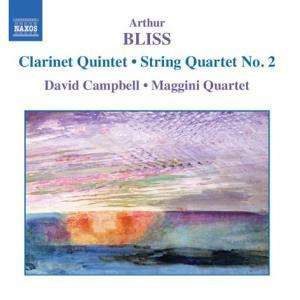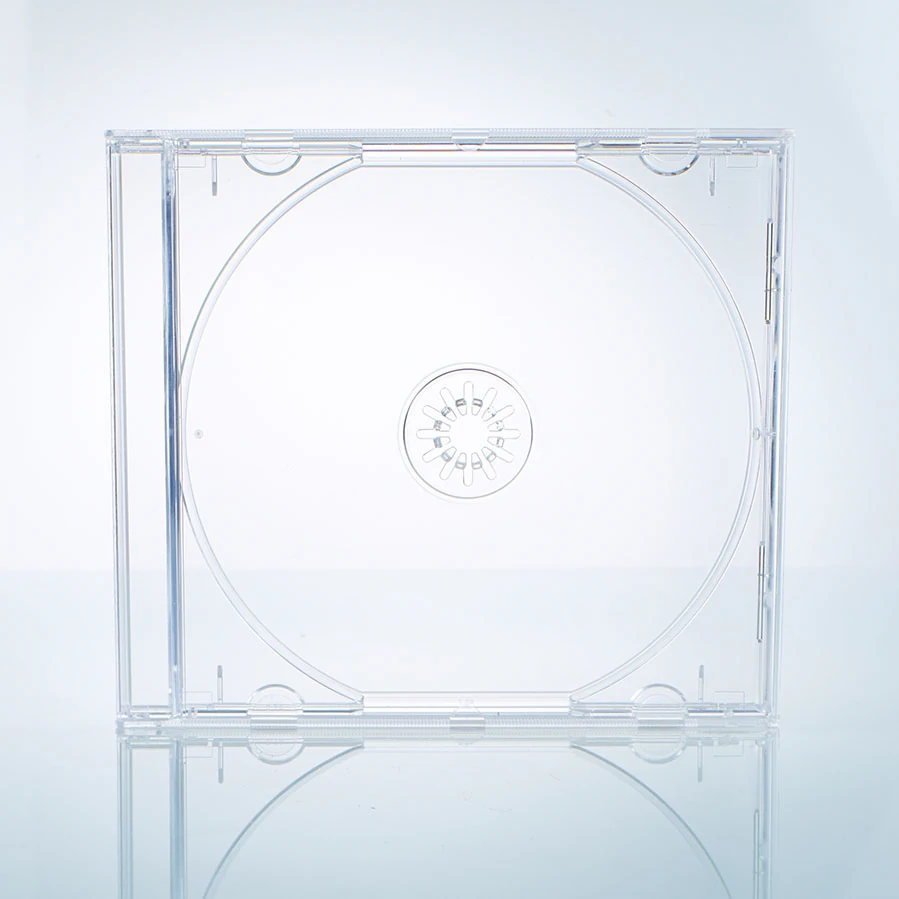Arthur Bliss: Streichquartett Nr.2 auf CD
Streichquartett Nr.2
Herkömmliche CD, die mit allen CD-Playern und Computerlaufwerken, aber auch mit den meisten SACD- oder Multiplayern abspielbar ist.
(soweit verfügbar beim Lieferanten)
+Klarinettenquintett
- Künstler:
- David Campbell, Maggini Quartett
- Label:
- Naxos
- Aufnahmejahr ca.:
- 2003
- Artikelnummer:
- 3382163
- UPC/EAN:
- 0747313239429
- Erscheinungstermin:
- 25.10.2004
Nachdem er Werke mit programmatischen oder dramatischen Themen komponiert hatte, hatte Bliss häufig das Bedürfnis, ein rein abstraktes Werk zu schreiben. So entstand das Zweite Streichquartett im Gefolge der Oper Die Olympioniken: Wie er in As I Remember schrieb: "Ich zog mich in die intime und private Welt der Kammermusik zurück". Er komponierte das Quartett 1950 und widmete es den Mitgliedern des Griller Quartetts zu Ehren ihres zwanzigjährigen Bestehens, und sie gaben die Uraufführung beim Edinburgh Festival in jenem Jahr. Bliss war der Meinung, dass "es sich zu dem substanziellsten Kammermusikwerk entwickelte, das ich versucht hatte", und es ist in der Tat ein kraftvoller und rigoroser Essay kompositorischen Könnens.
Wie in vielen Werken von Bliss war die Inspiration eines großen Künstlers ein starker Impuls für die Komposition des Klarinettenquintetts. In diesem Fall war es Frederick Thurston, der zusammen mit dem Kutcher Quartett im Dezember 1932 die Uraufführung im Haus des Komponisten gab. Sie war dem Freund von Bliss, dem Komponisten Bernard van Dieren, gewidmet. Offensichtlich liebte Bliss die Klarinette, und bezeichnenderweise war sie das Instrument seines Bruders Kennard, der im Ersten Weltkrieg gefallen war. Da das Quintett das nächste Werk war, das nach Morning Heroes, Bliss' offenkundig öffentlichem Requiem für seinen geliebten Bruder, komponiert wurde, kann man es als einen weiteren Ausdruck seines Verlustes betrachten. Zweifellos ist das Werk eine seiner besten Leistungen.
Product Information
After composing works with programmatic or dramatic subjects, Bliss frequently felt the need to write a purely abstract work. Hence the Second String Quartet came in the wake of the opera The Olympians: as he wrote in As I Remember, ‘I retreated into the intimate and private world of chamber music’. He composed the quartet in 1950 dedicating it to the members of the Griller Quartet in honour of their twentieth anniversary and they gave the première at the Edinburgh Festival that year. Bliss felt that ‘it grew into the most substantial chamber work that I had attempted’ and it is indeed a powerful and rigorous essay in compositional skill.
As in many of Bliss’s works the inspiration of a great artist was a powerful stimulus in the composition of the Clarinet Quintet. In this instance it was Frederick Thurston who, together with the Kutcher Quartet, gave the first performance at the composer’s home in December 1932. It was dedicated to Bliss’s friend the composer Bernard van Dieren. Clearly Bliss loved the clarinet, and significantly it was the instrument of his brother Kennard, who had been killed in the First World War. As the quintet was the next work to be composed after Morning Heroes, Bliss’s overtly public requiem for his beloved brother, it is possible to view it as a further expression of his loss. Undoubtedly the work is one of his finest achievements.
Disk 1 von 1 (CD)
-
1 String Quartet No. 2: I. Allegro con spirito
-
2 String Quartet No. 2: II. Sostenuto
-
3 String Quartet No. 2: Iii. Vivo E Con Brio
-
4 String Quartet No. 2: IV. Larghetto - Allegro
-
5 Clarinet Quintet: I. Moderato
-
6 Clarinet Quintet: II. Allegro molto
-
7 Clarinet Quintet: Iii. Adagietto Espressivo
-
8 Clarinet Quintet: IV. Allegro energico
Mehr von Arthur Bliss








